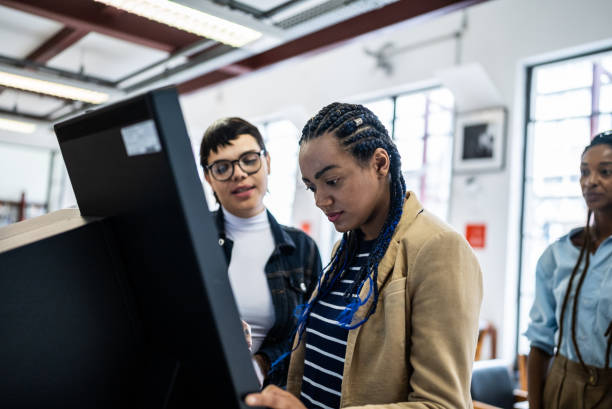
Self-checkout has become a preferred method for many shoppers. It’s convenient, allows privacy, gives customers a sense of control, is flexible and efficient, and it reduces human interaction.
While self-checkout is popular, retailers are scaling back. News outlets reported earlier this month that Target implemented express self-checkout lanes nationwide.
Target stores have launched the express checkout at 10 items or less. A manager at Target at the Apalachee location who asked to remain anonymous said, “Lines are moving faster even during the busiest times, and it has forced customers with more items to move to lanes where the staff can check them out.”
Avid Target shopper Kelsey Johnson said, “I hate the changes. I like to get my stuff and go without waiting in long lines. It’s unfair to their customers, and I’ve returned items because I didn’t want to deal with the slow lines.”
According to CNN, Dollar General is also removing self-checkouts from 300 stores in an effort to reduce shoplifting and fraud. Some 9,000 other stores are converting some or all of their self-checkouts into regular lanes with cashiers.
The 4,500 stores that still offer self-checkout as an option will be limited to five items or less per customer.
Across the board, retailers lose more possible sales with self-checkout than full-service cashiers. Discount toy retailer Five Below also implements staffed cash registers at its locations.
This proves that technology is only sometimes better. According to CNN, the Dollar General CEO discovered that self-checkouts were a significant source of theft with the help of AI.
Walmart will also have changes for self-checkout lanes. It was reported this week that numerous Walmart stores have closed the self-checkout lanes or opened them up only to Walmart + members. Other customers were forced to wait in regular lines.
Walmart is promoting its subscription service with these changes. Walmart also mentioned that its Walmart + members can use the scan and go feature on their mobile app.
Kelsey Bohl, a senior manager of communications, told NBC’s “Today,” “Walmart self-checkout changes will be a localized decision for its locations depending on customer traffic and associate staffing; managers will continue to make adjustments accordingly.”

According to a 2023 report by the National Retail Federation, crime and theft are severely impacting the retail industry and causing substantial losses. “Retailers are seeing unprecedented levels of theft coupled with rampant crime in their stores, and the situation has only become more dire,” David Johnston, vice president of asset protection and retail operations for the NRF, said in the report.
The reduction of self-checkout lines poses a challenge to the convenience many customers have come to expect from their shopping experience. Still, companies also have to do what is best for their business. As retailers navigate factors such as technological limitations, shrinkage in inventory due to theft, staffing considerations and evolving consumer preferences, it becomes critical to strike a balance between traditional cashier lanes and self-checkout options.